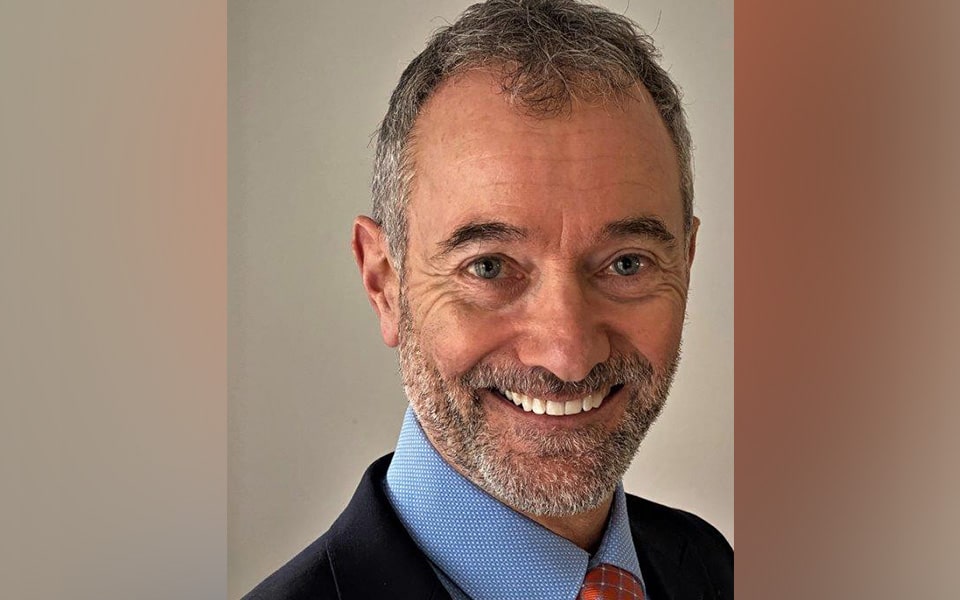
The country’s biometrics commissioner has broadly welcomed the independent, QC-led review into legislation surrounding the rapidly evolving technology.
A study by the Ada Lovelace Institute outlined deepening concerns over the use of facial recognition, fingerprinting, voice recognition and DNA profiling.
Matthew Ryder QC said the current legal regime is “confused and failing”.
Biometrics were once the preserve of policing, but now the technology is increasingly used in everyday life.
Mr Ryder said: “We urgently need an ambitious new legislative framework specific to biometrics.
“We must not allow the use of biometric data to proliferate under inadequate laws and insufficient regulation.”
Biometrics and Surveillance Camera Commissioner Prof Fraser Sampson welcomed the “significant and credible report”.
Mr Sampson said: “We now have an opportunity to do something momentous: will we lead by thoughtful, courageous planning or wait to be sued into further submission – either by regulators or the citizen.
“In a world where almost all our biometric capability is in private ownership, we need to be very careful whose corporate – company – we keep – because if our surveillance partnerships are NOT ‘soundly and enduringly based on trust and common interest’ we are all in trouble which is why the Public Procurement Bill is so important in this area.”
Prof Sampson added: “If society is to get the most from biometric surveillance technology, it will need a systemic approach focusing on integrity – of both technology and practice – along with the standards of everything and everyone in it – because, in a systemic setting, if you infect one part, you infect all of it.
“Looking to the future, parliament may decide to treat all this as a data protection matter.
“Of course, biometric surveillance uses individuals’ data – which public or private function doesn’t?
That’s like saying it uses electricity – But biometric surveillance is no more “just” data protection than DNA profiling is “just” chemistry or facial recognition “just” photography.
“In his valedictory report as HM Chief Inspector, Tom Winsor says policing needs ‘a material intensification of partnership with the private sector – soundly and enduringly based on trust and common interest’.
“Nowhere is that truer than biometric surveillance.”
Prof Sampson four decades of experience working in the criminal justice sector, having served as a police officer for 19 years before becoming a solicitor specialising in policing law, conduct and governance.
He is an Honorary Professor and member of the Advisory Board at the Centre for Excellence in Terrorism, Resilience, Intelligence and Organised Crime research at Sheffield Hallam University where he gained a PHD in digital accountability in law enforcement.
The pace at which the technology is developing has been causing increasing concerns and has prompted the Ryder Review.
The UK Information Commissioner Elizabeth Denham has said she is “deeply concerned” live facial recognition (LFR) may be used “inappropriately, excessively or even recklessly”.
Prof Sampson added: “At Sheffield Hallam University, we have developed an accountability framework for the use of AI in law enforcement.
“The methodology included a citizen survey across 30 different countries – in which over 80% of respondents ranked the need for a universal Accountability Framework governing police use of AI as either important or extremely important.
“Transparency and explainability are keystones of public trust and confidence – and whether it’s your technology or your company’s trading history, if it’s too opaque to be understood by the citizen who’s funding it – and purportedly benefiting from it – the problem isn’t the citizen.”
The Ada Lovelace Institute, which commissioned the review, stated, as examples, schools using facial-recognition technology to verify students’ identities while paying for lunch or supermarkets marking out dangerous or criminal individuals.
The report suggests better laws and regulation would subject such uses to much greater scrutiny.
An institute spokesman told the BBC: “We can think of this a regulatory ‘whack-a-mole’, which we are arguing is inadequate.”